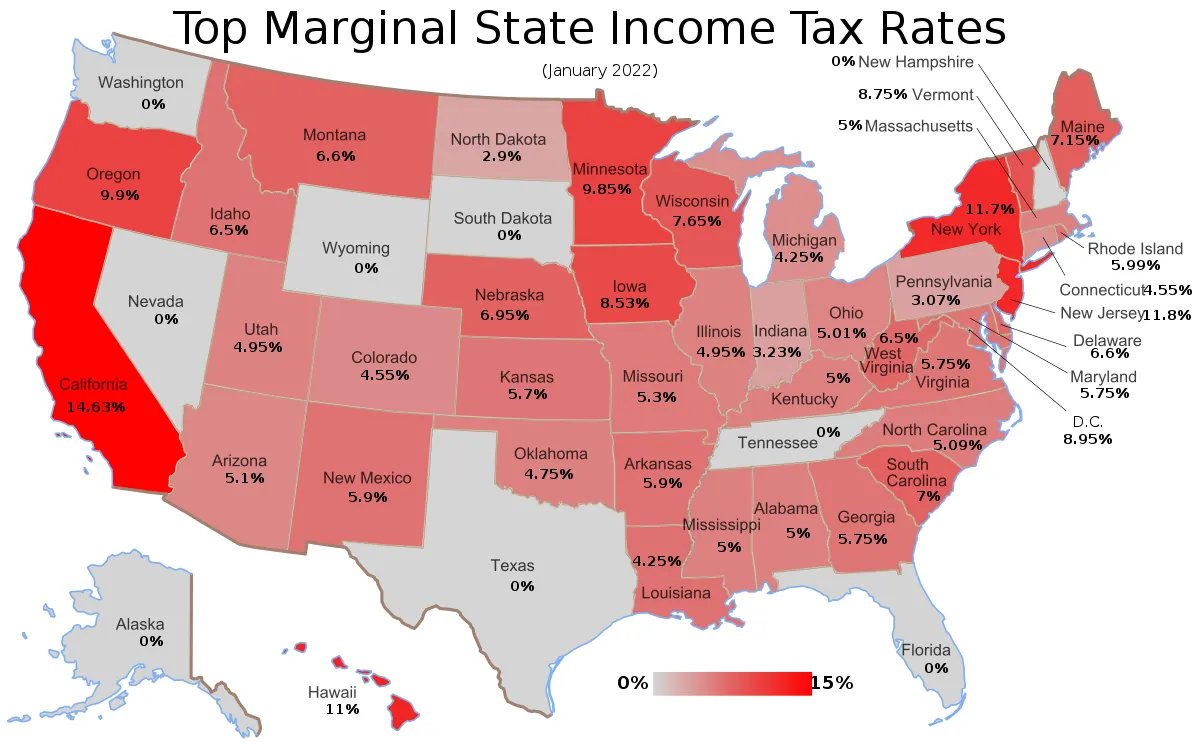December 13, 2023
This guide is designed to simplify the complexities of tax management in the energy sector, providing clear, actionable insights that can help you optimize your tax position and minimize liabilities.

Are you navigating the intricate landscape of oil and gas investments and wondering how to manage your taxes effectively? Look no further! This article delves into the essentials of tax reporting for oil and gas royalties and working interests, a crucial area for investors and landowners alike.
With the ever-changing tax laws and the unique aspects of oil and gas investments, understanding how to report your income and expenses correctly is vital. This guide is designed to simplify the complexities of tax management in the energy sector, providing clear, actionable insights that can help you optimize your tax position and minimize liabilities.
For the tax year 2023, when it comes to managing taxes for oil and gas-related activities in the U.S., the process involves different reporting methods for royalty and working interests.

Royalty owners generally report lease bonuses and lease payments on Form 1099-MISC, Box 1, categorized as Rents. This amount should be declared as income on Schedule E, page 1, under Rents Received. Expenses related to the leases, like attorney and accountant fees, are deductible on the same schedule. Royalty income from lease payments is not subject to self-employment tax.
For working interest owners, these payments are reported on Form 1099-NEC, Box 1, under Nonemployee Compensation. This should be reported on Schedule C, Gross Receipts, and Sales, and is subject to self-employment tax on Schedule SE.

Royalty income is reported on Form 1099-MISC, Box 2. Expenses related to production tax and other revenue deductions are also reported here and should be included on Schedule E, page 1, under Royalties Received. Other deductible expenses include property tax, legal, tax preparation, and depletion (usually 15% of the net income). This type of income is not subject to self-employment tax.
ORRI, which is carved out of the working interest but does not involve bearing development or operating costs, is also not subject to self-employment income.
Royalty and lease payments for royalty interest holders are considered passive income, subject to the Net Investment Income surtax of 3.8% of the net amount, reported on Form 8960, Line 4.
Working interest income and expenses, including lease and bonus payments, are reported on Schedule C. This includes direct and indirect expenses like overhead, legal, administrative, taxes, and operating costs. While it's not subject to the Net Investment Income surtax, it is subject to self-employment tax.
Both royalty and working interests may utilize cost or percentage depletion methods for tax deductions, with specific limitations based on the type of oil and gas and overall taxable income.

Most states now require oil and gas producers to report income on Form 1099, along with any state tax withheld. State tax withholding percentages vary and are applied to the gross amount reported on Form 1099.
In summary, managing taxes for oil and gas royalties and working interests doesn't have to be daunting. By understanding the nuances of Forms 1099-MISC and 1099-NEC, the differences between royalty and working interests, and the specifics of lease payments, royalty payments, and depletion, you can navigate the tax implications of your energy investments with confidence. Remember, staying informed and consulting with tax professionals is key to making the most of your investments while remaining compliant with tax laws. This article serves as your go-to resource for making informed decisions in the dynamic and lucrative world of oil and gas investments.
These guidelines provide a clear framework for understanding how to manage and report taxes related to oil and gas investments. It's important to consult with a tax professional to navigate these rules effectively and ensure compliance with all relevant tax laws.